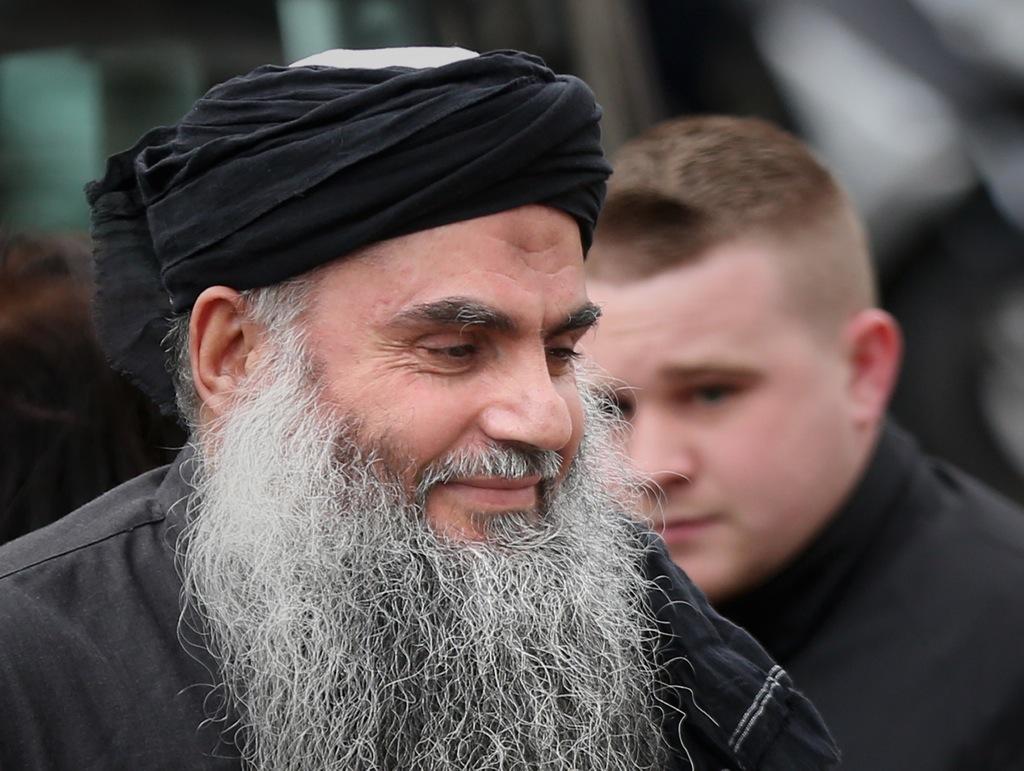Abu Qatada released on bail as UK vows to pursue extradition
Muslim Cleric Abu Qatada arrives home after being released from prison on November 13, 2012 in London, England. Abu Qatada was released on bail, having won his appeal against deportation, claiming he would not get a fair trial in Jordan where he is accused of plotting bomb attacks.
Abu Qatada is free in Britain, after the government's attempts to extradite him failed.
The Islamist cleric and terrorism suspect was released on bail this morning from Long Lartin prison in western England, where he has spent the past seven years detained without charge.
According to the Telegraph, he was smiling as police drove him away.
Britain's deputy prime minister, Nick Clegg, said today that the government remained "absolutely determined" to send Qatada back to his native Jordan, where he was convicted in absentia of helping to plot two bomb attacks.
"He doesn't belong here," Clegg told ITV's Daybreak show. "He's a dangerous person, he wanted to inflict harm on our country, and this coalition government is going to everything we can to challenge this every step of the way to make sure that he is deported to Jordan."
More from GlobalPost: Abu Qatada wins appeal to stay in UK
British judges ruled yesterday that extraditing Qatada would violate his human rights, since he is at risk of being tried using evidence obtained through torture.
The Home Office has already said it will appeal.
The government must convince the court that Jordanian prosecutors will not use statements given under duress in Qatada's re-trial. Amman has already offered assurances that no such evidence will be used, but legal experts say the country has to go further and amend its criminal code to allay any remaining doubts.
"The key to this case really lies in Jordan," David Anderson QC, Britain's Independent Reviewer of Terrorism Legislation, told BBC Radio 4. Even then, Anderson said, the deportation process could take anything between months and "a very few years."
In the meantime, a spokesman for Prime Minister David Cameron says that all necessary precautions will be taken to ensure that Qatada is not a threat to Britain's security.
Under the conditions for his bail, Qatada will have to wear an electronic tag and can leave his house only between 8 a.m. and 4 p.m., BBC News said.
He has never been charged with any crime in the UK.
His conviction in Jordan is considered unreliable since it was based on testimony obtained by torture; the government there say it wants to re-try him fairly and obtain a valid guilty verdict.
Our coverage reaches millions each week, but only a small fraction of listeners contribute to sustain our program. We still need 224 more people to donate $100 or $10/monthly to unlock our $67,000 match. Will you help us get there today?
